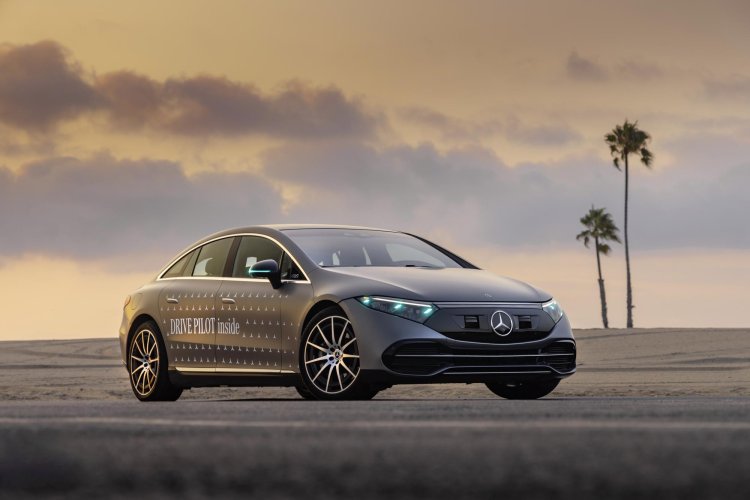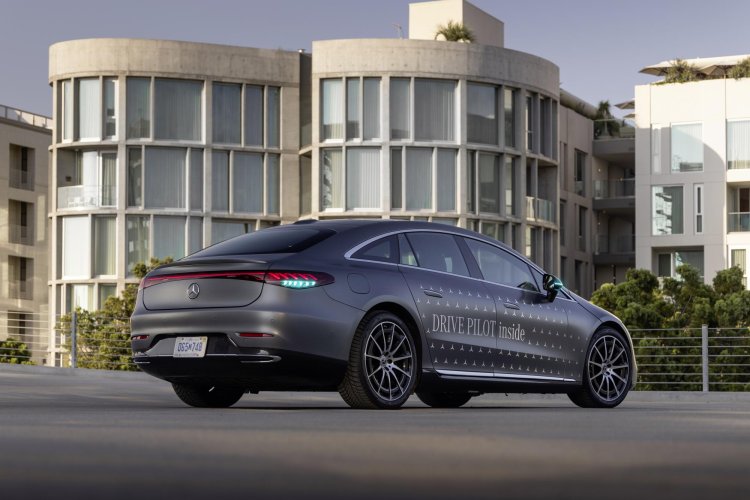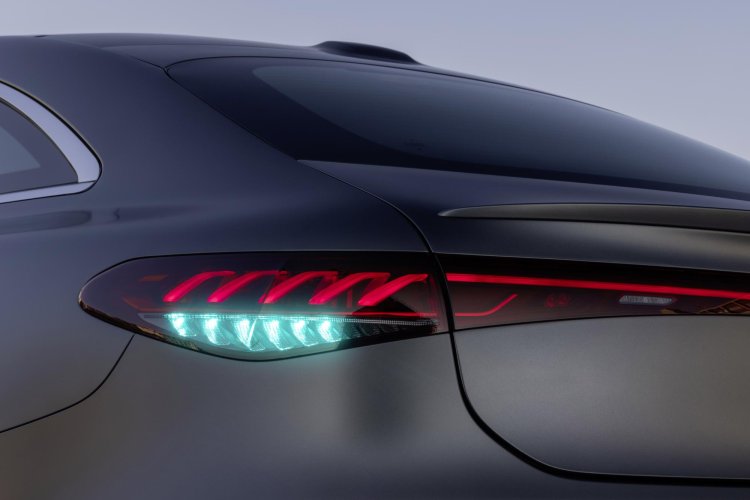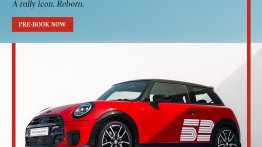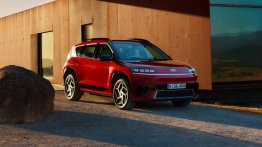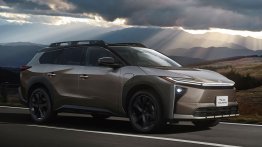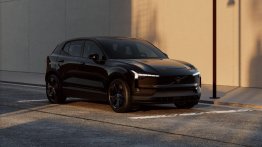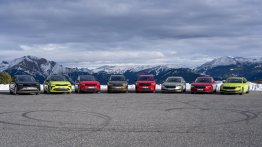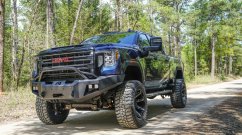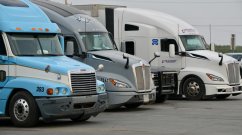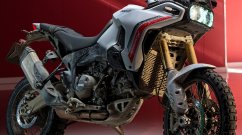Mercedes-Benz has become the world's first automobile manufacturer to receive permits for special exterior marker lights for automated driving in the states of California and Nevada. The California exemption permit for testing vehicles in California is initially limited to two years. The Nevada permit applies to Mercedes-Benz Model Year 2026 production vehicles and will remain valid until a statutory modification is achieved with the state legislature.
Both permits allow Mercedes-Benz to gain important insights into the interaction of automated vehicles and other road users. The inclusion of marker lights is poised to substantially enhance public acceptance of automated driving and contribute to road safety, as the lights make the automated driving system's status clearly visible from the exterior.
This also allows traffic law enforcement and police officers to identify the system’s status and determine whether drivers are permitted to engage in secondary activities during the conditionally automated journey. Designed in accordance with SAE J3134 Recommended Practice, the turquoise-coloured marker lights for automated driving in California are integrated into the front and rear lights as well as the two outside mirrors in Mercedes-Benz testing vehicles.
First use case: DRIVE PILOT
The automated driving marker lights will initially be integrated into testing vehicles in California equipped with DRIVE PILOT, which is the world’s first SAE-Level 3 system for conditionally automated driving with internationally valid type approval. DRIVE PILOT received certification in 2021 in Germany and in 2023 in Nevada and California, U.S. where each state requires separate certification. In Germany, DRIVE PILOT has already been available for orders since 2022, and in the United States, the first production vehicles recently made their debut on the freeways of California and Nevada.
Choice of colour of marker lights for automated driving
Turquoise fulfils two essential criteria that contributed to this colour choice – its visibility allows reliable and fast detection for other road users, and it offers differentiation from existing vehicle lighting and traffic signals such as traffic lights or emergency lighting. As a result, the possibility of confusion with already existing lighting colours may be reduced significantly. In addition, according to the findings of numerous test studies, turquoise is the optimal colour for automated driving. Both physiological and psychological factors attest to higher values in turquoise in almost all areas than was the case with other colours. Turquoise is also described in the industry-recommend practice SAE J3134 “ADS Marker Lamps” for use to display activation of an automated driving system. The development and approval of the new lighting concept involved collaborative efforts of an interdisciplinary team, comprising engineers, compliance managers, data protection experts and ethics experts.
Standardization and harmonization for more safety
Mercedes-Benz is committed to standardizing the colour turquoise as a means to visualize the automated driving state, fostering global understanding and acceptance for this technology. So far, there is no general framework in the United States, China or the UN-ECE (United Nations Economic Commission for Europe) for using turquoise lights in production vehicles. California and Nevada have taken the first important step with the now-granted exemptions. A future globally harmonised regulation for turquoise marker lights for automated driving will form the basis for heightened safety for all road users and propelling further technical innovations.
